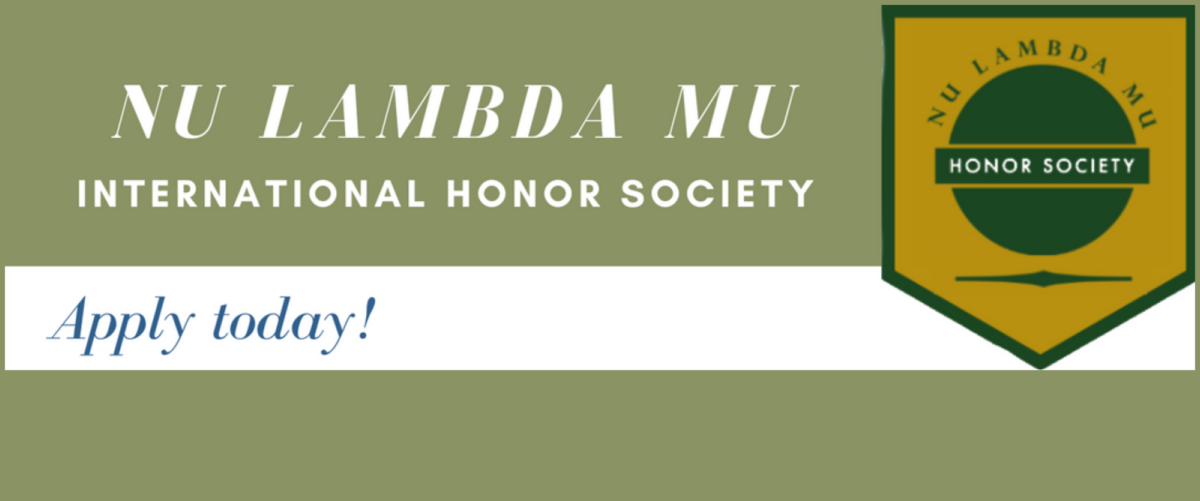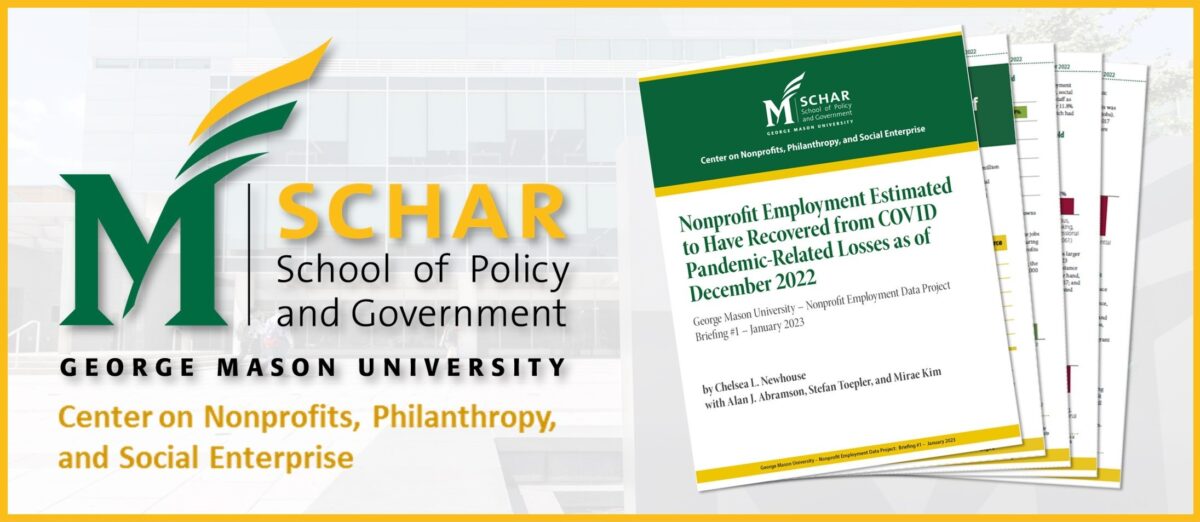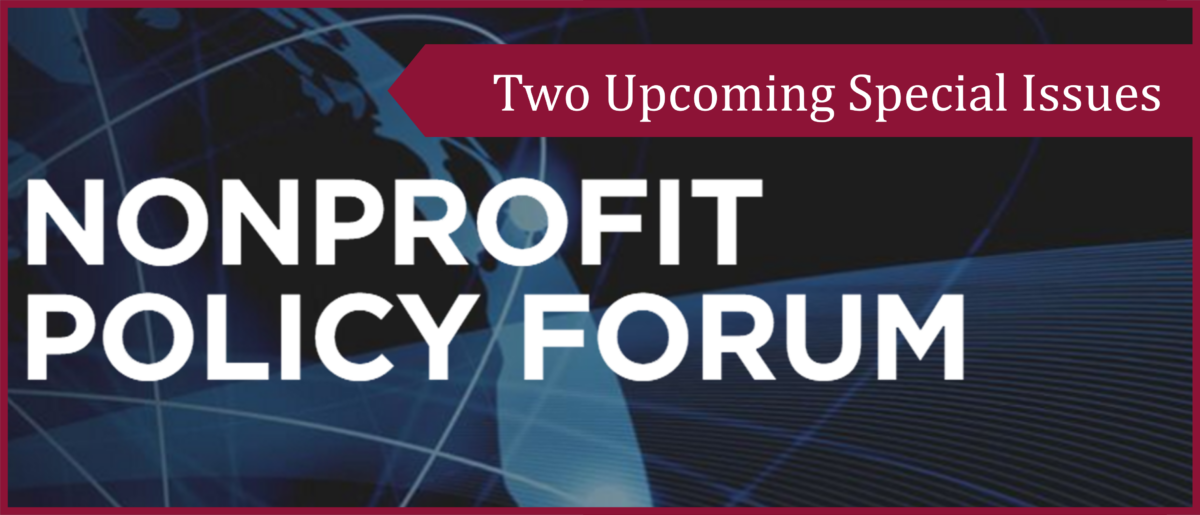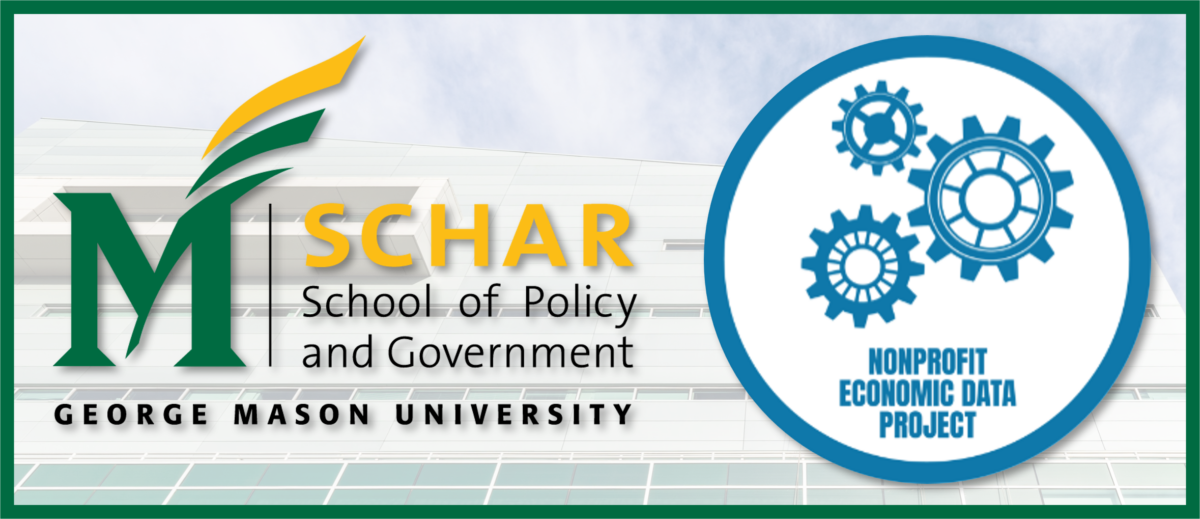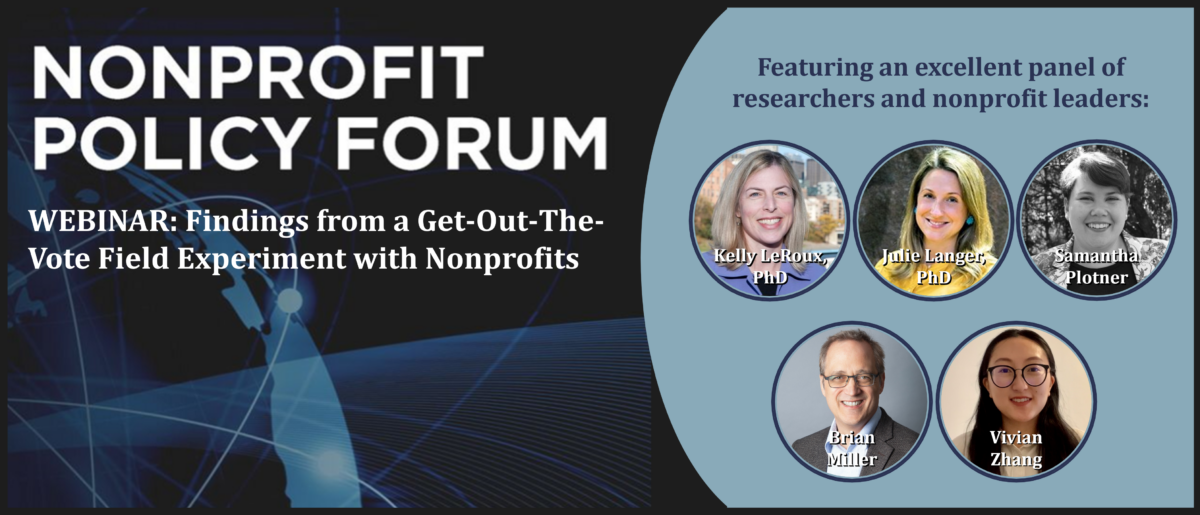Apply Today!
The Nu Lambda Mu international honor society was established by the Nonprofit Academic Center’s Council (NACC) to recognize students dedicated to the study of nonprofit management, philanthropy, and social enterprise. It’s mission is to advance the study of nonprofit organizations and their function in society and to promote scholarly achievement among those who engage in these academic pursuits. Nu Lambda Mu is exclusively offered to students of colleges, academic centers, and programs who are members of NACC.
Nu Lambda Mu is highly selective and your membership in this honors society informs academic scholars, employers, and colleagues that you are a superior student and preferred candidate in the workplace. Your academic achievement deserves recognition, and Nu Lambda Mu provides the perfect platform for y you to showcase exemplary leadership, academic merit, and scholarly research that advances the your nonprofit and philanthropic sector. Upon induction, members receive a personalized membership certificate and honors cords which distinguish you as an honors recipient at your graduation ceremony. We hope you will take advantage of this opportunity.
Applications for students that meet the requirements below are being accepted from February 15th to April 21st 2023, so be sure to apply today!
- Be a current graduate or undergraduate student of a NACC member program, and be graduating this spring/summer of 2023 (or have already graduated).
- Be pursuing a degree, concentration, major, certificate or similar in nonprofit management, philanthropy, and/or social entrepreneurship
- Hold a minimum GPA of 3.7 (if a graduate student) or 3.5 (if an undergraduate student)
- Pay the non-refundable $40 application fee **
**scholarships are available to those unable to pay the application fee, reach out for more information!
Contact
[email protected]
(979) 862-2089
www.nonprofit-academic-centers-council.org/nu-lambda-mu/

